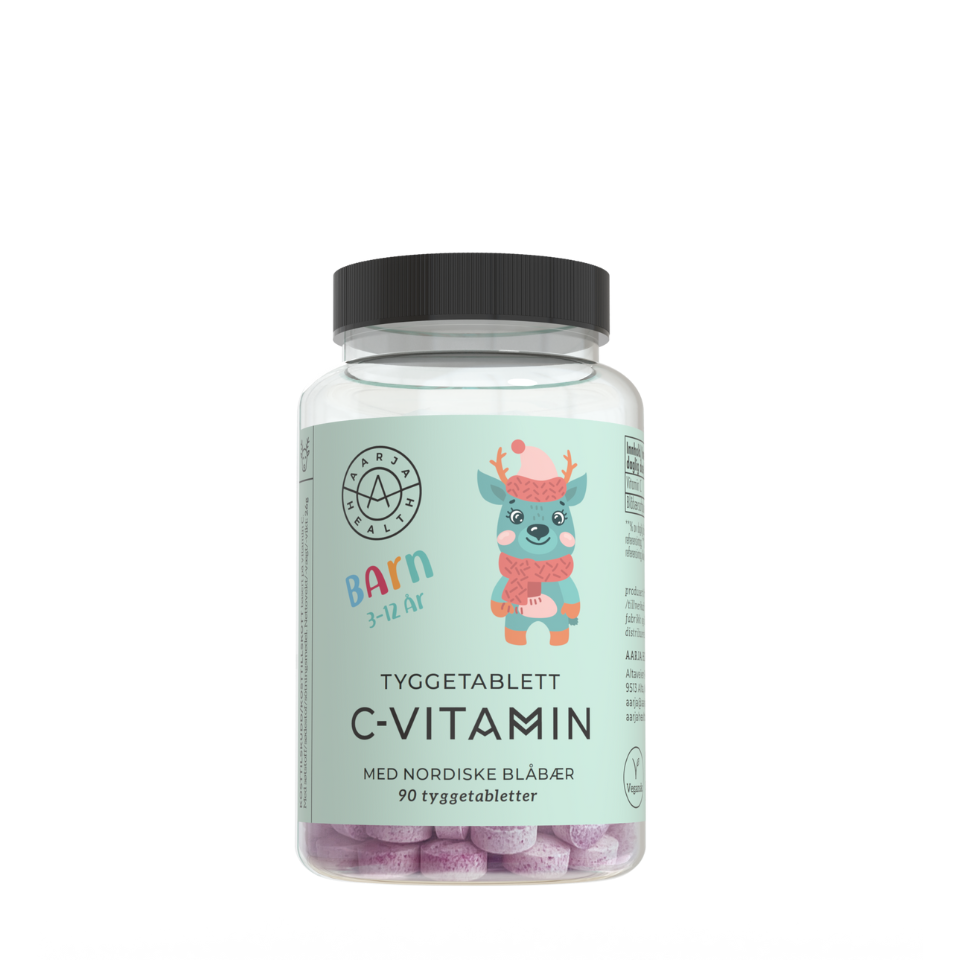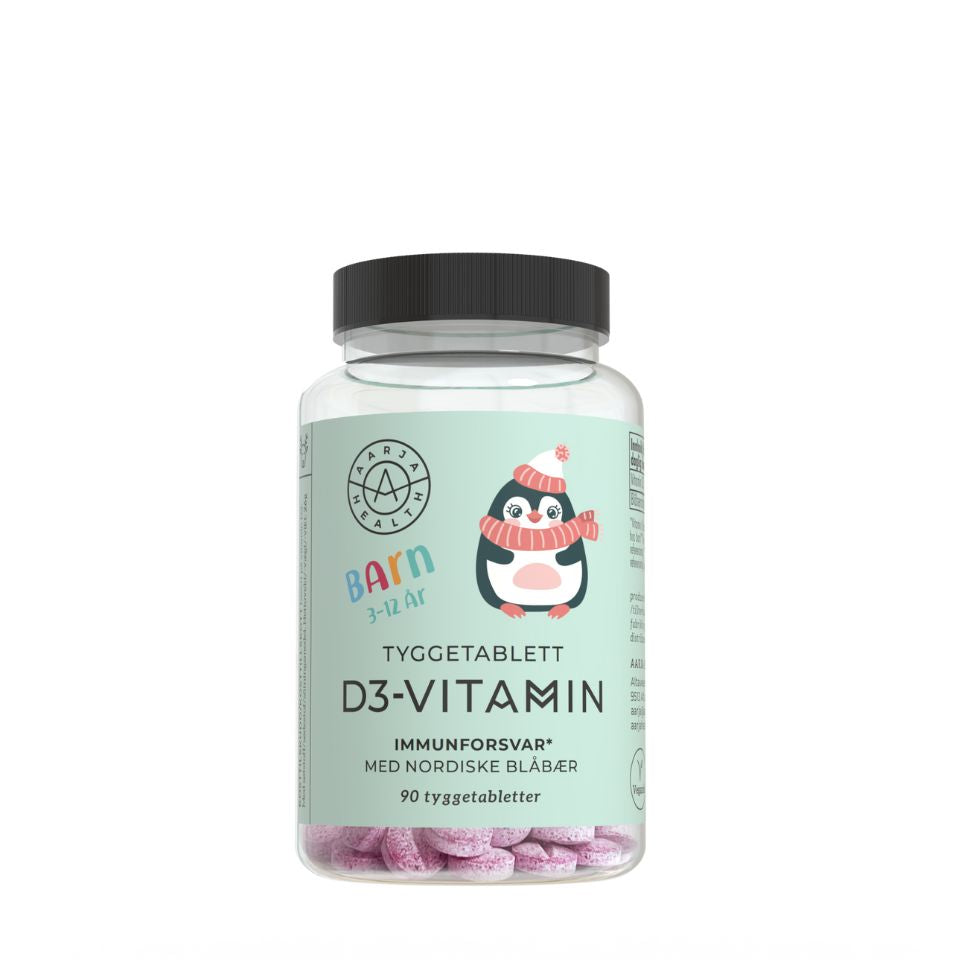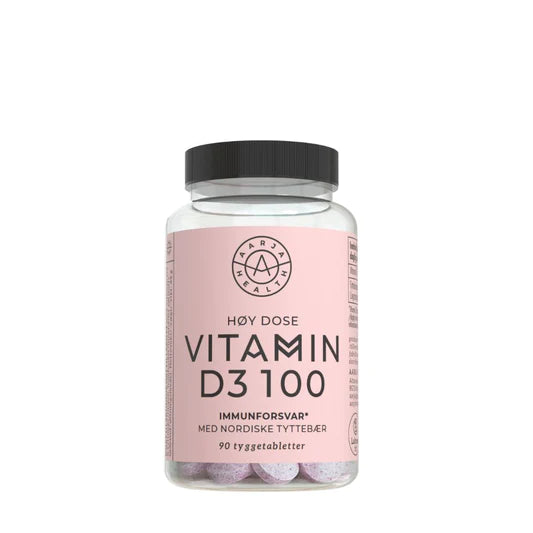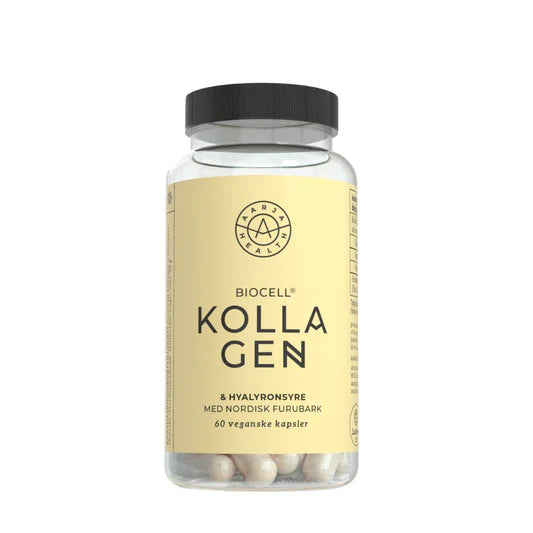
Do Children Need Vitamin Supplements? Myths, Truths and Other Info You Need to Know
If a child eats a balanced diet full of whole foods, they are less likely to need supplements. But there are certain circumstances where it is beneficial to supplement a child's diet with safe, effective, high-quality vitamins and minerals.
Is your child getting the right nutrition and at regular times? Or easily get sick? Or have mood swings? These are just a few indicators that supplementation may be beneficial for your child. The fact is that we all process food differently and we all have genetic predispositions that affect our metabolism of certain vitamins, minerals and nutrients. Even if your child is eating the healthiest diet, the body may not be physically processing these foods most efficiently, which can also affect nutritional status. Even the way your baby was born (C-section or vaginal delivery) can affect his or her gut bacteria, which we now know plays an important role in our overall health. Because we are all so unique and there are an incredible number of environmental factors that contribute to health and nutritional status, it is unfounded to say that children do not need nutritional supplements.
Does your child need to take supplements?
Ask yourself:
- Is your child picky about what he/she eats?
- Does your child have chronic or recurring health problems?
- Is your child prone to illness?
- Does your child eat a lot of processed foods and/or fast food?
- Does your child have a restricted diet (eg vegan or vegetarian)?
- Does your child have a condition that may affect nutritional status, increase nutrient requirements, or affect digestion? (eg cancer, celiac disease, inflammatory bowel disease or previous digestive tract surgery).
- Does your child spend a lot of time indoors?
These are all potential cases where a child could benefit from supplementation. If your child falls into one of these categories, or if you are wondering whether or not you should give your children nutritional supplements, take a moment and talk to someone close to you with the right expertise who can guide you to get started!
Myth: Dietary supplements are dangerous for children.
Truth: Dietary supplements made specifically for children are generally safe to take as long as dosage directions are followed. There are also certain nutrients that should be taken with extra caution.
Although vitamins are generally necessary for health, there are some that can become toxic when taken in high amounts. These tend to be the fat-soluble vitamins - vitamins A, D, E and K - that the body stores in adipose tissue rather than eliminating them through the urine. Because the body retains these nutrients for a longer period of time, health problems can occur if they are taken in excessive doses. The easiest way to avoid this, as with all nutritional supplements, is to follow the manufacturer's dosage instructions. This way, you can ensure that your child does not exceed the guidelines for the daily dose. In addition to this, always make sure to store supplements out of the reach of small hands. This is especially true for colorful or gummy-style vitamins that can easily be mistaken for candy.
Myth: Children have different nutritional needs than adults.
Truth: Children have the same nutritional needs, but in different amounts.
We often forget that children are small people with the same nutritional needs as adults. When it comes to picky eaters, it's usually much easier to give in to their wishes than to constantly argue about what to have for dinner. But in any case, it is extremely important to understand that children have the same nutritional needs as adults, just in different amounts. So for kids who don't have a lot of variety in their diet, who may be more active than average, or who just don't like nutritious foods, it's our job as parents to make sure their needs are met. And is there any better (and easier) way to do this than through supplements?
Best vitamins for children
If you want to make sure your child is getting exactly what they need, there are certain vitamins that are especially good for children. Here are some of the best vitamins for children's health:
Vitamin C
Vitamin C is a very important nutrient for both adults and children. It plays many roles throughout the body, such as helping with collagen formation, transmission of nerve signals, supporting healthy bones and teeth, and to top it off, it also supports immunity. These are all crucial factors for general well-being, especially for growing children, so having vitamin C on hand is a definite yes! Read about Aarja Health Vitamin C for Kids here...
Vitamin D3
When you think of calcium, you should also think of vitamin D3, also known as the sunshine vitamin! Because our bodies depend on UV rays to produce vitamin D3, supplementation becomes especially important for children (and adults) living in northern countries. Due to the large amount of time spent outside the sun and indoors, it can cause vitamin D3 deficiency. Vitamin D3 has many important functions throughout the body, including immunity and brain health, while helping the body absorb calcium. Read about Aarja Health Vitamin D for Kids here...
Iron
Iron is well known for supporting physical growth, red blood cell production, neurological development and for muscle development. So as you can see, iron is absolutely essential for growing children! Deficiency is also quite common, and is responsible for about half of childhood cases of anemia.
Omega 3 dyes
Fish is not usually a child's first choice of meal, but the omega-3s that fatty fish such as salmon, herring and mackerel provide are important for healthy brain development. The fatty acid known as DHA is particularly beneficial for mood, attention, learning and impulse control in children. There are studies showing a benefit for omega-3 intake and asthma as well. For new mothers and babies, an adequate intake of omega-3 can also help reduce the incidence of food sensitivities that lead to allergies.
Probiotics
For children with stomach problems, anxiety tendencies or problems with immunity, probiotics are a great option! With the many health-supporting functions of our gut bacteria, replenishing our system with healthy bacteria to maintain balance can be extremely beneficial. This is especially true for children who often receive antibiotics. Since antibiotic medication wipes our systems clean and leaves little behind, it is considered best practice to give the gut a little boost after illness.
Calcium
You've probably heard it a million times - we need calcium for strong bones and teeth. What many people don't know is that calcium has many other important functions throughout the body as well, including regulating muscle and heart function, transmitting nerve signals, and so much more! Since our bones are constantly in a process where they are broken down and rebuilt, calcium is a nutrient that is important to take in throughout life!
Children's vitamins from Aarja Health
We currently have two amazing children's vitamins available - Vitamin C with Blueberry and Vitamin D3 with Blueberry. Both of these tasty chewable tablets contain no unnecessary additives, sugar or food colouring. With the good taste of natural, Nordic blueberry, your children will love the taste, and you can be safe in the knowledge that they are taking pure products with unbeatable quality standards.
Regardless of the season, both vitamin C and vitamin D3 with blueberries support multiple aspects of children's health, including immunity, brain and neurological health, strong teeth and so much more!
How to choose the best vitamins for children
Choosing the right vitamin for your child can be a stressful process. How do you know the product is safe or of good quality? How do you know which companies you can trust? Or which vitamins to choose? We want to make sure your kids get only the best, so we wanted to help make your decision a little easier. When it comes to choosing the best supplements (for kids and adults), here are a few things to look for:
Safety and quality.
Any company that prides itself on its safety, cleanliness and quality standards usually shares this with its customers. It's important to do some research on the brands you choose and ask yourself - is this company open about their production processes? Do they promote the safety and quality of their products? Are they open about their facility standards?
Trusted brands.
Since there are so many different companies that provide supplements, one of the best ways to narrow down your decision is to look at the company's reputation. There are often online reviews that provide feedback and experiences shared by customers. A quick search of the company's name online will also give you a good idea of whether or not there is reason to trust the brand. If your search returns little or no information, that's a pretty big red flag. If, on the other hand, there is a wealth of information, social media pages, reviews, etc. is a good indication that at least your product is from a legitimate company.
Dosage.
If you want to make sure your child is getting safe but adequate amounts of a nutrient, the best way to do it is to only supplement with nutrients specifically dosed for children. There are millions of products for adults on the market, but giving a child an adult vitamin supplement can lead to toxicity. So instead, choose products that are made for children and always double-check the label to ensure the correct dosage. The vast majority of dietary supplements also state the appropriate age and relative dosage for the product.
Ingredients.
Ingredients are important, especially in the supplement world. You don't want to take a dietary supplement that has a negative effect on the body! The key here is to always check the ingredients on the label. Is there a long list of ingredients? Are there a bunch of extra elements added with little or no nutritional value? Are the nutrients themselves in the most bioavailable form? These are all things to consider when choosing the best vitamins for you and your family!
Here at Aarja Health, we only make supplements that we ourselves would take and feel comfortable giving to our families. After all, that's why we started in the first place! We had a hard time finding safe, effective and reliable products, so we decided to make our own. Because we own our manufacturing facility, we can be absolutely certain that each product is manufactured with the efficiency and outstanding quality that we are happy to maintain. So if you're looking for a reputable brand, congratulations, you've already found it! To learn more about our quality standards, we are happy to share its information about our factory.
PS! Remember that a well-balanced diet is the best way to ensure that all nutritional needs are met, and supplements are an excellent complement to provide the essential elements that support health and well-being.





